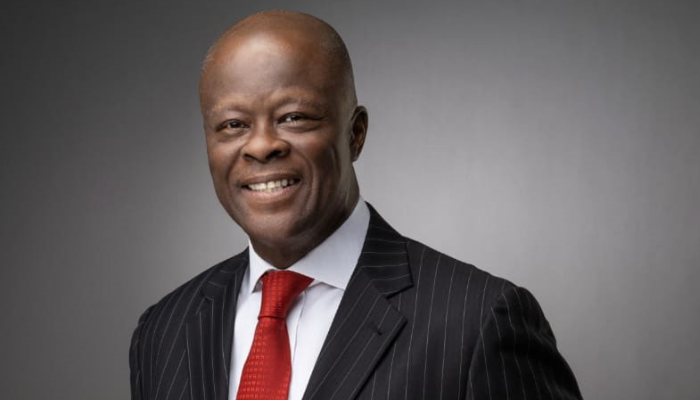Nigeria, which has borrowed at the very least $33 billion from its central financial institution, will cease utilizing the broadly criticized follow to fund its funds deficit, Finance Minister Wale Edun stated.
“We’re bringing order to authorities borrowing,” Edun instructed reporters throughout the signing of the 2024 funds in Abuja, the nation’s capital.
One in all President Bola Tinubu’s early strikes after taking workplace in Could was to dismiss the top of the central financial institution, who for years had presided over so-called methods and means advances to fill Nigeria’s income hole, bloating its money owed within the course of.
“Methods and means is being eradicated by taking the funding that’s required from the market, versus from the printing of cash by central financial institution,” Edun stated.
Tinubu, who unleashed a collection of financial reforms that have been welcomed by worldwide traders however blamed at dwelling for a cost-of-living disaster, additionally ordered an investigation into the central financial institution below then-Governor Godwin Emefiele, who has since been arrested on prices together with fraud.
The World Financial institution criticized central financial institution financing for the nation’s accelerating inflation, which rose to twenty-eight.2% in November, an 18-year excessive.
The follow exploded below then-President Muhammadu Buhari, who was elected in 2015, swelling the price of the nation’s borrowing to greater than 90% of its revenues final yr.
To try to get that below management, lawmakers agreed final yr to transform 22.7 trillion naira ($25.4 billion) of the central financial institution loans right into a 40-year bond at an interest-rate of 9%.
They did so once more on Dec. 31, approving Tinubu’s request to transform 7.5 trillion naira of the overdraft into longer-dated bonds. The federal government didn’t disclose when this new new financing was taken from the central financial institution. It lifts the West African nation’s whole public debt to almost 100 trillion naira.
Edun voiced confidence that steps to spice up authorities income would imply much less reliance on borrowing.
Tinubu signed a 28.8 trillion funds into regulation on Monday. The spending plan, which is 1.3 trillion naira greater than the one he beforehand proposed to lawmakers, assumes a funds deficit of 9.8 trillion naira, or 3.8% of GDP this yr. It will likely be primarily funded by borrowing from the native debt market and from multi-lateral lenders.
Worldwide capital markets have been successfully closed to African debtors for the reason that Covid pandemic and subsequent rise in international rates of interest, which made borrowing prohibitively costly. Nigeria’s 2051 bond opened the yr with a yield of 10.27%.
“We’re very optimistic that not solely will this funds be funded adequately, however it will likely be funded on a well timed foundation as effectively,” Edun stated.


